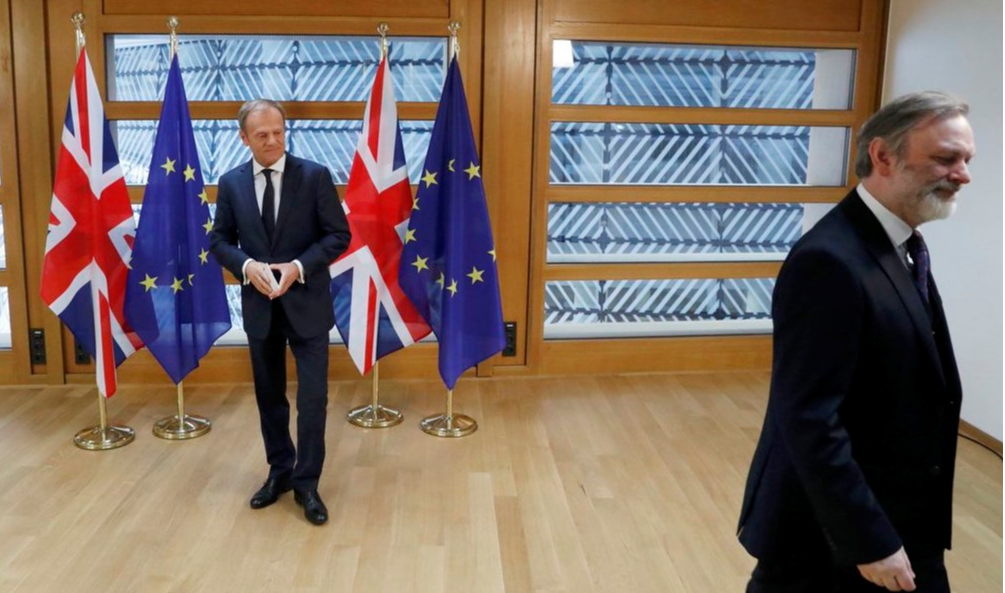A project in the The Intersection between Democracy and Human Rights research progamme
Read more about Research at the Bonavero Institute
Treaties, Brexit and the Constitution is a joint research project by Arabella Lang, Eirik Bjorge and Ewan Smith of the Bonavero Institute. It examines the role that treaties will play in the post-Brexit constitution.

About the Project
Brexit is bound up in treaties. Miller & Dos Santos v Secretary of State for Leaving the European Union was a case about the nature and extent of the government’s treaty prerogative, but it was one legal strand in a much wider constitutional thread, an argument about the power to conclude treaties. For example, some members of Parliament have demanded that Parliament should have a vote on the terms of a Withdrawal Agreement. Others demanded that the electorate should have the right to approve the terms of the treaty in a referendum.
Treaties shape the way that the UK will leave the EU, but they also assume a new and more urgent importance because the UK is leaving the EU. Issues such as agriculture, fisheries, and trade are currently closely regulated by EU law and by treaties between the EU and third states. Brexit is intended to give the UK a greater measure of control over these rules. By this logic, in order to regulate these issues after Brexit, the UK Government will need to conclude more treaties, and rely less on EU law-making processes. With Brexit, treaties will therefore assume a greater role in the governance of the UK. However, unless something is done, democratic scrutiny of treaties will actually diminish.

Furthermore, the more we rely on government-by-treaty, the more our constitution will need to moderate the politics of treaty-making. Treaties are political. All governments face challenges in persuading the public that compromise is needed to achieve foreign policy goals. If people are not satisfied by the compromises embodied in the Treaty of the EU, then there is little reason to suppose that they will be satisfied by the presence of chlorinated chicken in supermarkets, or the need to grant freer movement in return for market access.
The core of our argument is that the best crucible for treaty politics is Parliament and if we give Parliament a larger role in treaty-making this will not only provide stronger democratic accountability, it will also make it easier for the government to negotiate, to conclude, and to implement treaties.
Read about the recent and upcoming activities within this project.
Related content
Watch the presentation made in the House of Commons Library

